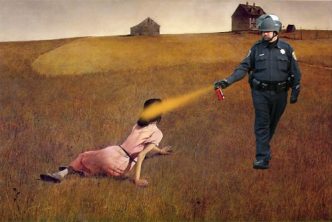Co-Creation is picking up steam as a claim, aspiration, and buzz-word du jour. But what is and why does it matter? Drawing on a just-released field study, Collective Wisdom, this session addresses those questions and explore the method’s implications for just and equitable creation. It considers co-creation in the arts with communities, across disciplines and organizations, and with non-humans (both biological and AI systems), calling out precedents and best practices in a broad array of communities, including historically marginalized groups. What are the trends, opportunities, and challenges bound up in co-creation and its various deployments, and why it is increasingly urgent in our time?
William Uricchio is Professor of Comparative Media Studies at MIT, where he is also founder and Principal Investigator of the MIT Open Documentary Lab and Principal Investigator of the Co-Creation Studio. He, together with Katerina Cizek, authored Collective Wisdom — a field study on co-creation. His current research considers co-creation, documentary, and the epistemological crisis that characterizes our time.





